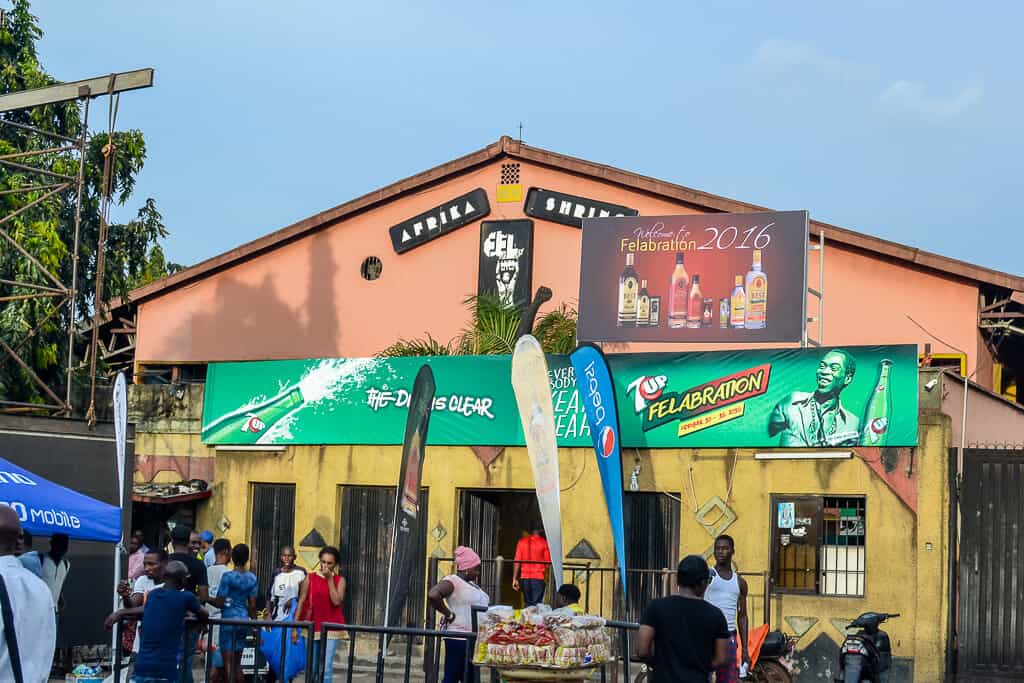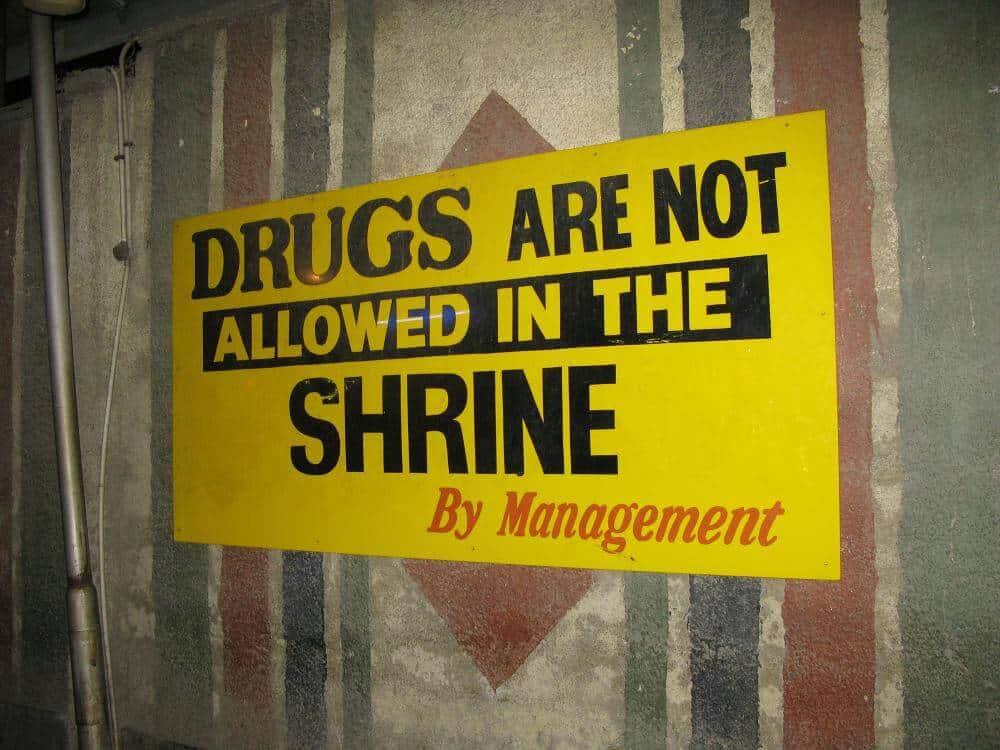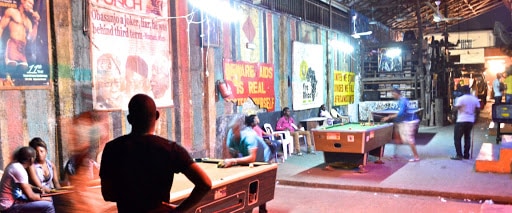Fela’s iconic impact on stoner culture in Nigeria
the legend's impact on smoking culture in Lagos
the legend's impact on smoking culture in Lagos
All over the world, the attitude towards stoner culture has slowly become more positive, following the increasing decriminalisation of marijuana, in addition to extensive scientific research showing medicinal benefits. This has seen the global market for medical marijuana grow exponentially with current estimates at $150 billion and could reach a further $272 billion in America alone by 2028, according to Barclays Bank.
Last year, Malawi joined other African countries such as Lesotho, South Africa and Zimbabwe to legalise the growing, selling and exporting of marijuana. Though this happened without much public uproar — to be fair, there were bigger concerns on everyone’s minds with the pandemic affecting every aspect of our lives — Malawi’s gross domestic product (GDP) grew from $25.16 billion in 2019 to $26.72 at the end of 2020.
Nigeria, on the other hand, has continued to treat cannabis as an illicit substance while treating those who partake like pariahs. Our general societal beliefs refuse to acknowledge the positive side of marijuana, including its role in influencing creativity in the music industry, which has served as one of our most lucrative exports over the past few years. In fact, one of our most celebrated artists and perhaps our biggest musical export till date, Fela was often seen with a zoot in hand, and even though he was often censored for it, that hasn’t stopped him from impacting the world for decades after his tragic death.
View this post on Instagram
To be fair, smoking marijuana is only one of the many things that makes Fela a controversial figure, as he was known to notoriously marry 26 wives in one day and was arrested multiple times for openly criticising Nigeria’s bad leadership through his music. He was seen as a rebellious figure who had a lot of influence on the youth, and even though many people agreed with the revolutionary politics of his music, people who grew up in conservative and religious households as I did were discouraged from listening to this music so as not to be influenced into his habits.
While I can’t speak for others, I didn’t need to idolise Fela before I eventually discovered that smoking marijuana is a healthy coping mechanism to deal with my anxiety. The biggest challenge, as it turned out, is finding a place where it’s safe to procure some as the prejudice around it and the ‘illicit’ tag often means you have to endure shifty business transactions with people at risk of getting arrested by the police before getting your hands on cannabis. Since you can’t even report to the police if you get cheated, the only thing protecting your safety is the vibes.
However, The New Afrika Shrine built in Ikeja, Lagos in honour of Fela’s legacy has proven to be a safe heaven where smokers are welcome with open arms as everyone seems to follow a more kindred code motivated by a common love for Fela and what he represents.

As soon as you get out of your vehicle at the parking spot, you’re greeted by the smell of different strains of marijuana while sellers quickly introduce themselves with promises that they have the best strain one can think of.
“I get Loud, I get SK, I get Arizona, I get Marley kush, I get OG kush. Which one you want?”, asks Timi (not real name), one of the sellers I met at The New Afrika Shrine during my visit earlier this week. Although I had come specifically to figure out how much of an impact Fela has on the cannabis smoking culture in Nigeria, I picked the date to coincide with the when Femi Kuti and his band practise so I could experience the live show. Unfortunately, I was told that they have stopped the Thursday practises because of the pandemic. Regardless, there were a handful of people present after being cleared by the security with hand sanitisers and a reminder to keep their masks on.
Though the stage was sadly empty, the shrine was alive with people from different works of life, bonding while watching the game of football showing on a big TV screen or playing pool. Femi Kuti and his band were absent, but his music was playing from the speakers for everyone to hear. Nearly every corner has a stand that sells Fela’s merch while certain stores offer specific goods and services like the tattoo parlour, vape shop, bar, and barbecue stalls. Among the signboards of brands who sponsor the Felabration concert which happens annually (unless there’s a pandemic) is a sign that reads “Drugs Are Not Allowed In The Shrine”.

“Weed is not drug na. Weed is just like pure water here”, Kunle, a 30-year-old car dealer told me when I asked him about the sign while he puffed away at his joint. He took another puff before passing it to his female partner who was sitting next to him. “Myself and my babe (who doesn’t want to be named) come here at least once a week”, he continued. “I can come here every day if I have the chance because here, nobody will disturb you that you’re smoking and the music is very sweet.” The couple believes that their shared interest in Fela’s music and love for marijuana is one of the factors that has kept them together for nearly a year as they told me their favourite Fela song is “Water No Get Enemy”. “Fela just gets it. His music always gives me the courage to be myself no matter what people say about me”, the unnamed lover told me. No doubt, courage is an essential quality needed if you’re going to be smoking marijuana in Nigeria while it’s still illegal.
Although there’s are several police stations in Ikeja, the capital of Lagos State, Tony (not real name), one of the marijuana sellers at Shrine says it’s not a problem. “What can they (the police) do? When they come here, we settle them. Some of them even buy from us. I think because we stay on our own, the police also leave us alone. Nobody gives us any problem here.” Fela’s legacy as a radical musician and unrepentant smoker appears to have given the dealers at The New Afrikan Shrine some sort of immunity from drug raids by the National Drug Law Enforcement Agency (NDLEA), but while he was alive, he wasn’t exactly on friendly terms with the law enforcement as he was often arrested and beaten while they claimed that he disrupts the peace. “This is what is feeding me and my family. What other job is there for us?” Toni asks.
He becomes immediately animated when I shift the conversation from how he earns his living to Fela’s music. “Listening to Fela makes me happy. My favourite songs are “Lady” and “Palava”. People who know Fela’s music know that he was a good man and it makes them know that it is not everyone that smokes that is bad or stupid.” A staff at the Shrine who was also reluctant to give her name told me that though she doesn’t smoke she doesn’t judge those who do. “Before I did not like people who smoke but now I don’t even notice who smokes and who doesn’t smoke.”

Ife and his friend, Mattew meet at the Shrine to play pool every evening. “It’s a very cool spot and you can meet all types of people here”, Ife told me. Though he doesn’t smoke, he enjoys the community. “I always look forward to meeting new people here. I heard Wizkid came here one day that I was supposed to be around but I missed it and I was very sad. All of us that you see laughing together met here and started as strangers. We didn’t have any judgement or assumptions about each other so it was easy to bond.”
Later into the night, the DJ started playing more mainstream music, especially from Naira Marley who is also known for glamorising smoking as Fela did. Just like his hero, he too has become known for his controversial takes and he famously altered lyrics from Fela’s 1978 hit song, “Shuffering and Shmiling” to fit into his polarising 2019 single, “Am I A Yahoo Boy”.
Fela fearlessly defied the Nigerian military government with his music while still managing to sound alluring with his unique Afrobeat sound. It’s no wonder that he is an inspiration to others who are currently rebelling against unfavourable government policies that criminalise marijuana despite its many positive uses. Though he died in 1997, his impact is sustained through his music and the ideals that now governs The New Afrika Shrine where weed smokers in Lagos Nigeria meet regularly.
Featured Image Credits: web/last.fm
[mc4wp_form id=”26074″]
You are meeting Debola at a strange time in his life. He wandered into a dream and lost his way back. Tweet at him @debola_abimbolu

